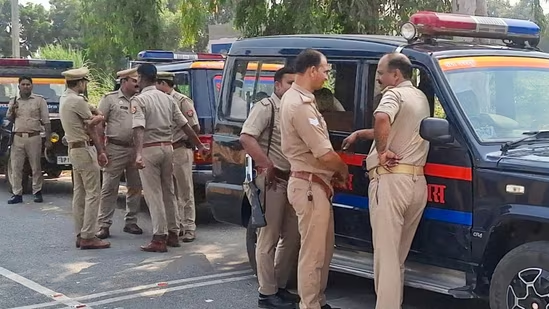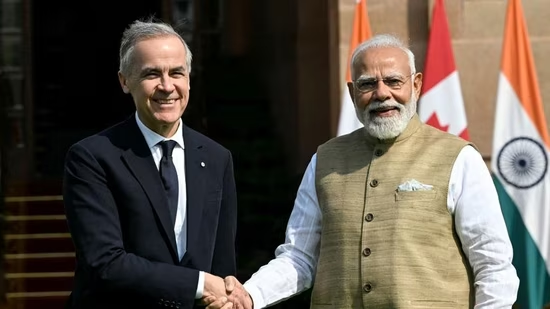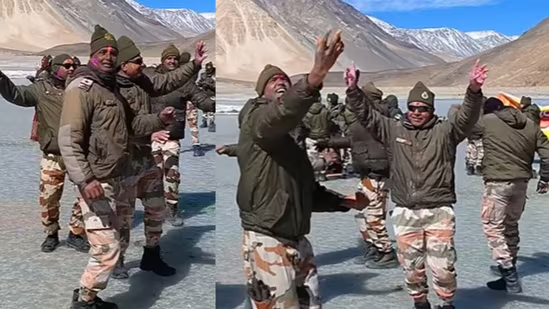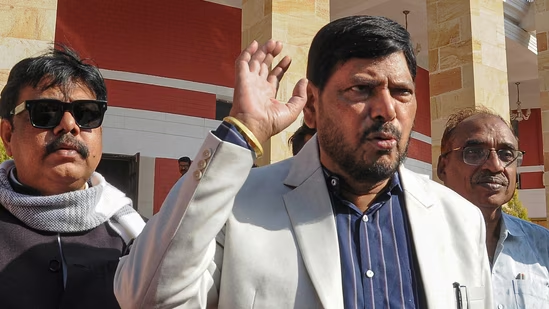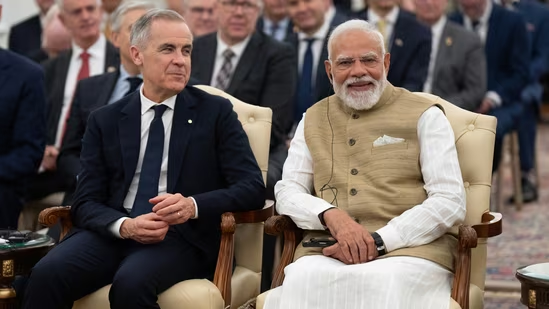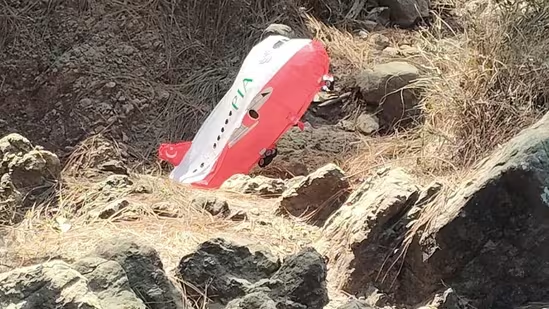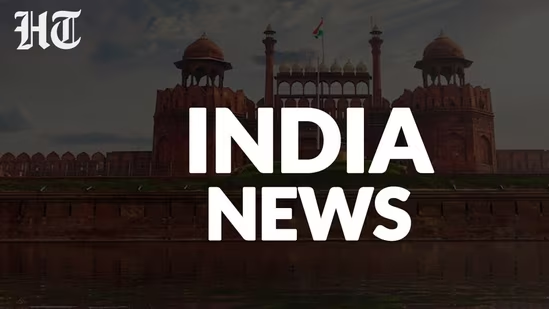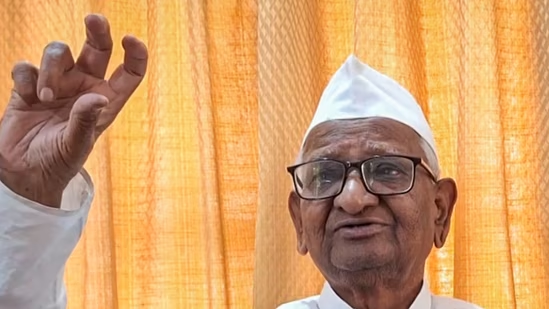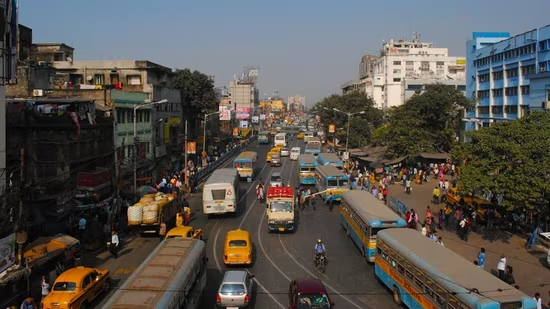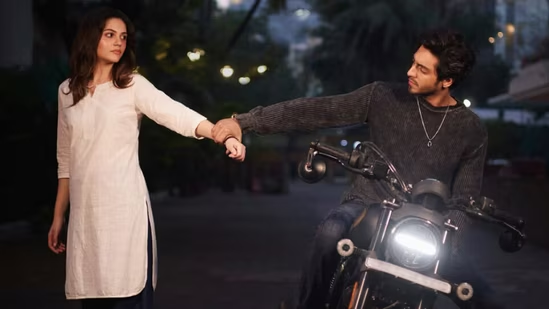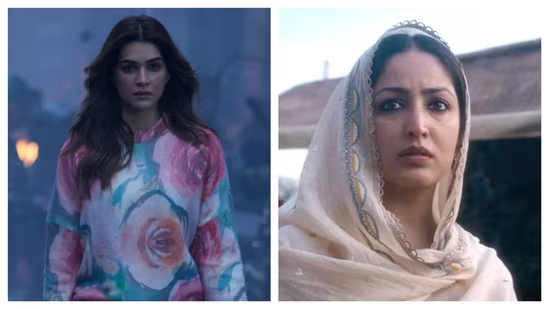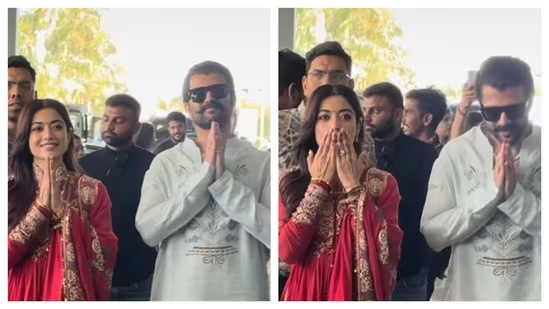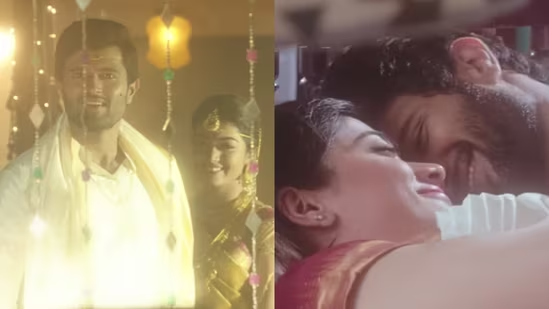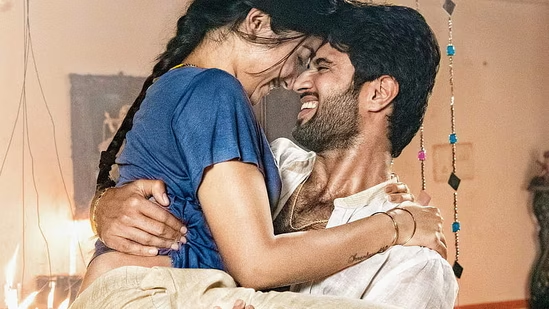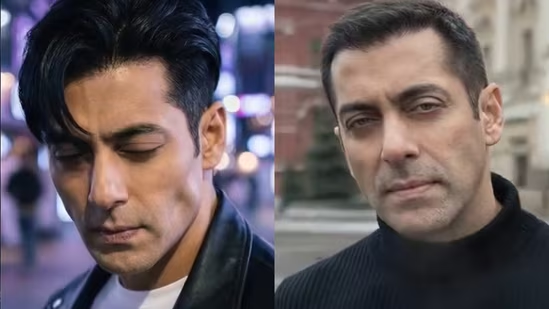Recent politics have changed the region and eventually led to the prominent absence of the Bharatiya Janata Party, which is gunning for a landslide win nationwide.
SRINAGAR: Voting began on Monday (May 13) in Kashmir, with capital Srinagar the first of the three Kashmiri seats to go to the polls in the fourth phase of India’s six-week-long general election.
Notably absent from the electoral fray is Prime Minister Narendra Modi’s governing Bharatiya Janata Party (BJP), which has not fielded any candidate to contest the Kashmir seats for the first time in three decades.
Instead, the main contenders in the Muslim-majority region are powerful local parties that say they are opposed to the Hindu nationalist BJP and will align with the main opposition party Congress-led alliance.
This is the first major poll in the region since Kashmir lost its autonomy in 2019.
KASHMIR’S SPECIAL STATUS
Kashmir, a picturesque region known for its houseboats and ski slopes in India’s north, has seen an insurgency against Indian rule for 35 years.
It is also a flashpoint between India and Pakistan for more than six decades. Both countries govern Kashmir in parts, but lay claim to it in full.
Ten million people live in Indian-administered Jammu and Kashmir, and over 4 million live in Pakistan-controlled Kashmir.
The neighbours have fought two wars for full control of the region.
In 2019, already-strained ties broke down after the Modi government revoked Kashmir’s special status, bringing the region directly under New Delhi’s control.
The special status was granted to Kashmir when it joined the Union of India after independence from the British in 1947.
It allowed the region to have its own constitution, and its own rules on residency and owning property. It also barred Indians from outside the region from settling there.
When Mr Modi’s administration removed its semi-autonomous status, the region was also divided into two federally-administered territories of Ladakh, and Jammu and Kashmir.
The government slapped a harsh lockdown on Kashmir at the time and jailed hundreds of political leaders.
For decades, human rights groups have accused Indian security forces of atrocities against the mainly Muslim population.
The government denies the accusations, saying cases of abuse are isolated acts.
BJP NOT CONTESTING
Mr Modi has been touting the revocation as his government’s biggest success in the last five years, saying the move ended unrest in Kashmir, brought development to the region, and was welcomed by locals.
However, many in the region disagree and want the special status reinstated.
Today, Kashmir remains one of the most militarised regions in the world.
The BJP has been working extensively to increase its support base and woo locals in Kashmir in recent years.
Still, despite Mr Modi’s claims that Kashmiris agree with the removal of the special status, his party is not contesting in any of the three seats.
Experts said that if the BJP had contested in Kashmir, defeat would have meant a loss of face and blunted Mr Modi’s claims.
Meanwhile, the party has fielded candidates in two seats in Hindu-majority Jammu and one in Ladakh, all of which it had won in the previous election.
The ruling party’s leaders have also been talking about bringing Pakistan-administered Kashmir under India’s control – a claim local leaders say is bound to hike regional tensions and invite retaliation from the Pakistani army.
Experts said voter turnout will be a key indication of local sentiment. In 2019, voter turnout in the region was less than 40 per cent.






